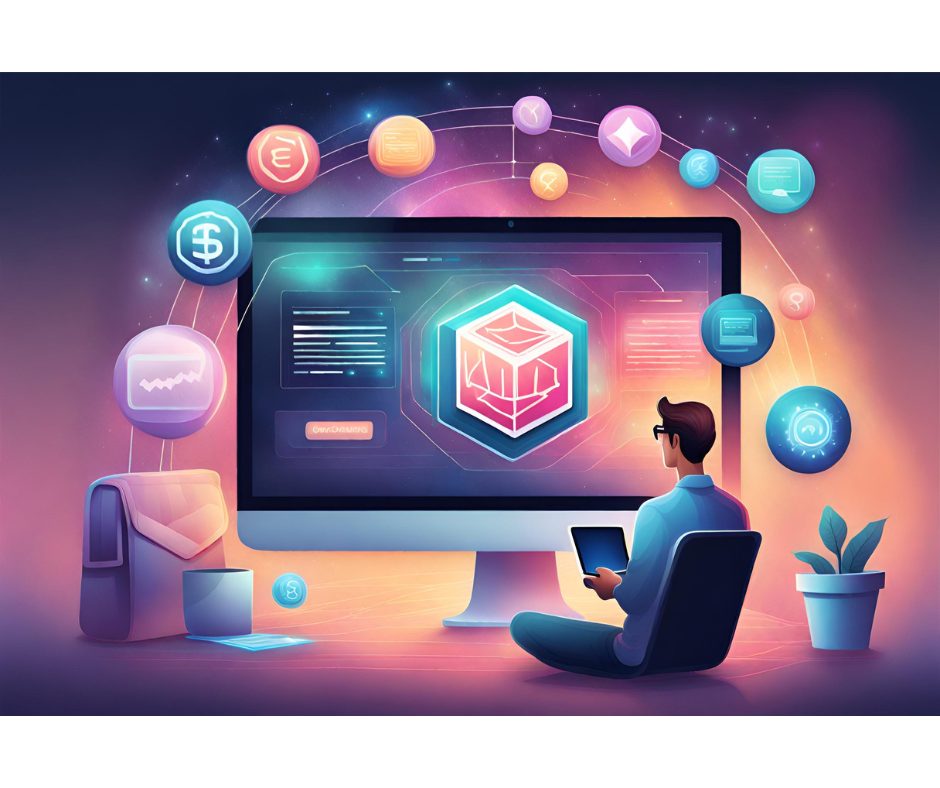In this competitive economy, professionals looking to get ahead need to have a well-rounded skill set. Technical knowledge in their area of expertise gets them into the game. However, to stand out from the crowd, they must possess more than just technical expertise. IT professionals also should be able to deliver the organizational productivity gains that employers have come to expect.
While IT has been a key component for enhancing an organization?s productivity, there is still considerable room for improvement. It is not unusual for business managers seeking IT?s help to be told that their requests to change processes or initiate new ones cannot be accommodated. Some common explanations they hear are that the change would be too disruptive for the IT systems or the work is too expensive or cannot be done quickly.
This deficiency in IT service highlights two issues: first, that the architecture of many IT systems is not adaptable and scalable, and second, that IT teams often do not view their business colleagues as ?customers? and focus instead on serving their own needs. Overcoming these issues could result in productivity gains for entire organizations and could lead to the promotion of IT professionals who are instrumental in delivering those gains.
To contribute more significantly to businesses, IT managers and professionals must understand business strategy and management. They can no longer confine themselves to working only with technology, but must also understand both their customers? needs and their organization?s business objectives.
By learning about the business and its likely avenues of growth, the IT team may be able to anticipate the upcoming demands on IT systems. Building close working relationships with business colleagues can improve IT?s understanding of the daily issues their co-workers face and then anticipate where they will need help.
IT managers and professionals who are interested in advancement must think about the services they deliver as integral to a system. The questions then become: Are these services adequately serving the needs of our customers? How are those needs likely to change? Is the architecture of the infrastructure (hardware and software) that delivers the services easy to change or expand?
Professionals on a typical IT career path start with a focus on managing specific IT components in an organization, rather than managing the entire system.
Today, those who want to advance will have to prepare themselves for designing system-level architectures that are easy to expand and reconfigure.
Moreover, the IT team must not constrain the ability of business users to modify and create new processes to meet evolving organizational needs. IT teams should be more customer-oriented by meeting their business partners? specified timetables and perhaps by providing technology tools that users could deploy themselves. Professional development needs to include training to design scalable and adaptable architectures for IT systems.
In addition, people looking to advance professionally must develop the skills to manage work groups, as well as to communicate effectively and network with people in other departments. They spend a lot of time communicating with a diverse set of people, and more time doing so than many staffers who are junior to them in IT. However, it is not correct to imply that they spend more time communicating outside of their departments than they spend doing actual IT work.
It is very important to be able to express ideas clearly and succinctly? both in writing and speaking?and to understand other people?s perspectives when striving to build strong customer relationships and deliver effective results.
The most successful IT managers and professionals are those who have the knowledge and training to satisfy their customers? needs and the foresight to build an infrastructure that can sustain changes in the business model. Professionals with this well-rounded skill set will stand out in their organizations and ultimately have successful careers.
David DeHaven is the assistant dean of the School of Information Systems and Technology at Kaplan University.








